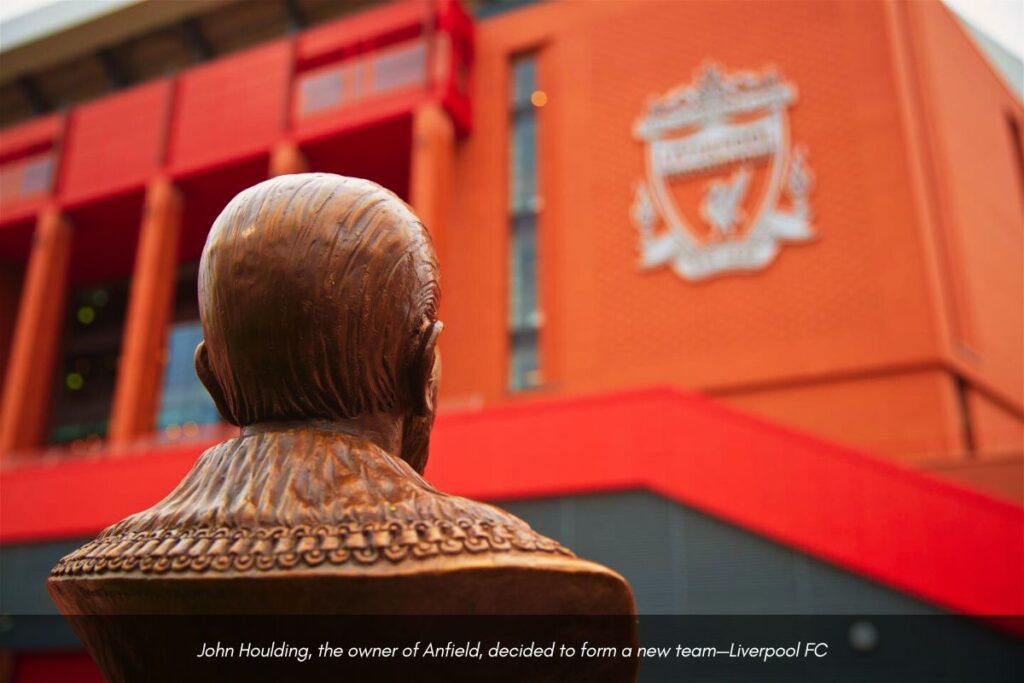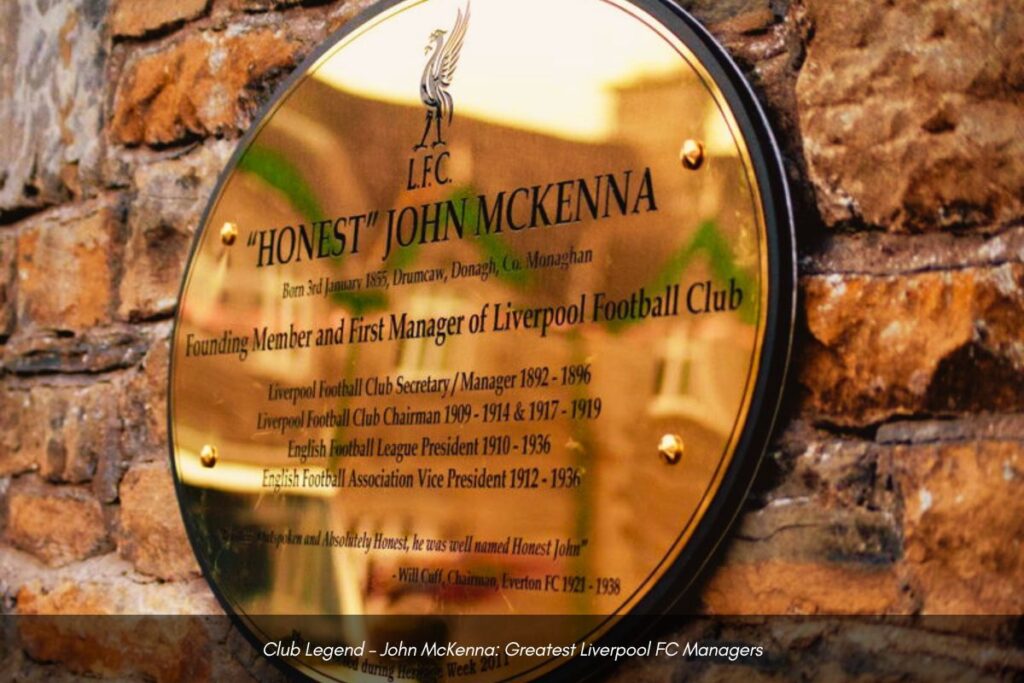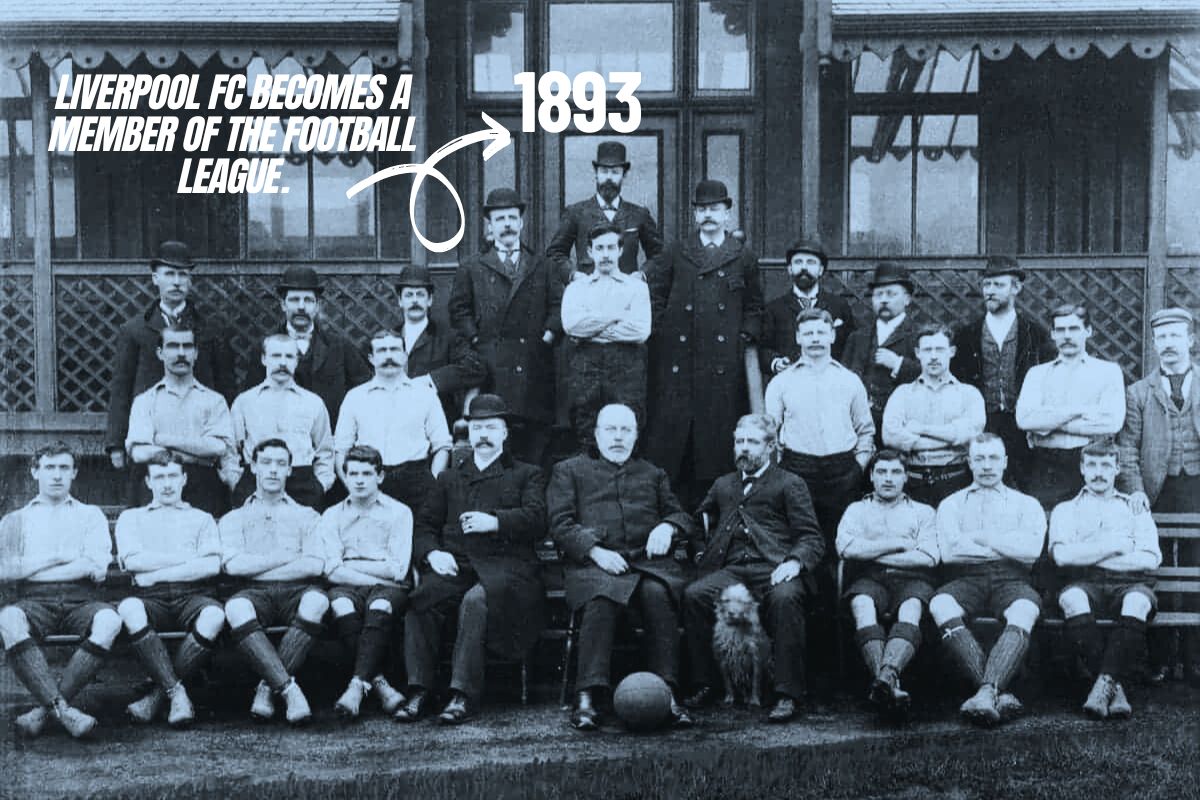In the rich tapestry of English football history, few clubs have made as significant an impact as Liverpool Football Club. Founded in 1892, Liverpool’s formation was a direct consequence of a rift with their city rivals, Everton. This split led to the birth of what would become one of the most successful and storied football clubs in the world. Just a year after its inception, Liverpool was admitted to the Football League in 1893, marking the beginning of an era that would see the club rise to unparalleled heights.
This article delves into the historical context of Liverpool’s entry into the Football League, the club’s early years and development, the significant moments of their debut season, the impact on both the club and the city of Liverpool, and the enduring legacy of this pivotal moment. Through these lenses, we will explore how this early chapter set the stage for Liverpool’s illustrious journey in football.
Historical Context: The Formation of the Football League
The late 19th century was a transformative period for English football, marked by the formal organization of the sport and the establishment of competitive structures. The Football League, founded in 1888 by William McGregor of Aston Villa, was the world’s first professional football league. Its formation was a response to the growing popularity of the sport and the need for a structured competition among the top clubs.
The league initially consisted of 12 clubs from the Midlands and Northern England, including teams like Preston North End, Wolverhampton Wanderers, and Blackburn Rovers. These clubs saw the benefits of regular, organized competition, which included greater financial stability and increased spectator interest. The success of the inaugural seasons quickly prompted discussions about expansion, with many clubs vying for the prestige and financial rewards of league membership.

During this period, Liverpool Football Club emerged from a split with Everton. The dispute was primarily over the rent at Anfield, which led Everton to move to Goodison Park, leaving Anfield vacant. John Houlding, the owner of Anfield, decided to form a new team—Liverpool FC. With strong local support and a competitive squad, Liverpool swiftly aimed for inclusion in the Football League, achieving this goal in 1893, just a year after their establishment. This marked a significant milestone not only for the club but also for the city’s football culture, setting the stage for Liverpool’s future success.
Liverpool FC: Early Years and Development
Liverpool Football Club was founded on June 3, 1892, by John Houlding, the owner of Anfield. The club’s creation was a direct result of a dispute with Everton FC, who had been tenants at Anfield. When Everton decided to move to Goodison Park due to a disagreement over the rent, Houlding was left with an empty stadium and a desire to fill it. Thus, Liverpool FC was born.
In its early days, Liverpool faced several challenges typical of a newly established club. One of the initial hurdles was assembling a competitive team. Houlding and the club’s first manager, John McKenna, scouted extensively, bringing in players from Scotland, a region known for its footballing talent at the time. These players were humorously referred to as the “Team of Macs” due to the prevalence of the surname “Mc” among them.
Liverpool’s first competitive match took place on September 1, 1892, against Rotherham Town in the Lancashire League, a competition for clubs not yet admitted to the Football League. Liverpool won 7-1, signaling their potential. That season, Liverpool went on to win the Lancashire League, which was a significant achievement for the fledgling club and a testament to their growing prowess on the field.
The club’s early success was crucial in gaining recognition and support, both locally and beyond. This momentum carried Liverpool into 1893 when they sought and gained admission to the Football League Second Division. Liverpool’s debut season in the league saw them excel, finishing as champions and earning promotion to the First Division. These early years were marked by rapid development, overcoming initial obstacles, and laying a strong foundation for what would become a legendary football club.
The 1893 Season: Liverpool’s Performance and Key Matches
Liverpool’s debut season in the Football League’s Second Division in 1893-94 was nothing short of spectacular. Under the guidance of manager John McKenna, Liverpool demonstrated their ambition and capability, dominating the competition from the outset.
Key to their success were players like goalkeeper Billy McOwen, defenders Andrew Hannah and Duncan McLean, and forward Malcolm McVean, whose skill and teamwork set the tone for the season. Liverpool’s opening match in the league saw them defeat Middlesbrough Ironopolis 2-0, a promising start that foreshadowed their impressive campaign. One of the most significant matches of the season was against Woolwich Arsenal, where Liverpool secured a commanding 5-0 victory. This game was crucial not only for the scoreline but also for establishing Liverpool’s reputation as a formidable team.

Liverpool’s consistent performances throughout the season led them to finish as champions of the Second Division, earning promotion to the First Division after a 2-0 victory over Newton Heath (later known as Manchester United) in the test match. This triumphant first season laid the groundwork for Liverpool’s future success and solidified their place in the upper echelons of English football.
Impact on the Club and the City
Joining the Football League in 1893 had a profound impact on Liverpool FC’s growth and significantly influenced the local community. The club’s elevation to league status brought increased visibility and prestige, attracting a larger fanbase and fostering a deep sense of pride among local supporters. This newfound recognition helped Liverpool establish a stronger financial footing, enabling further investment in players and facilities.
For the city of Liverpool, the football club became a unifying force, bringing together people from diverse backgrounds to support their team. Matches at Anfield became major social events, boosting local businesses and fostering a vibrant community spirit. The success of Liverpool FC also contributed to the city’s burgeoning identity as a footballing hub, setting the stage for intense local rivalries and rich football traditions.
Legacy and Long-term Significance
Liverpool’s admission to the Football League in 1893 was a pivotal moment that set the foundation for the club’s illustrious history. This early success in the league not only established Liverpool as a competitive force but also paved the way for a legacy of triumph and resilience that has spanned over a century.
The club’s early achievements, including their rapid ascent to the First Division, laid the groundwork for a culture of excellence and ambition. This drive has seen Liverpool win 19 English league titles, 6 European Cups, and numerous other domestic and international honors. These victories have not only cemented Liverpool’s status as one of the most successful clubs in England but have also elevated their global standing, attracting a passionate fanbase worldwide. Liverpool’s enduring success has had a profound impact on English football, contributing to the sport’s evolution and popularity. The club’s storied rivalries, iconic players, and memorable matches have enriched the footballing landscape, making Liverpool a symbol of competitive spirit and sporting excellence.
Moreover, Liverpool FC’s influence extends beyond the pitch. The club has been a catalyst for social and cultural change, inspiring community engagement and fostering a sense of identity and pride among its supporters. The legacy of joining the Football League in 1893 continues to resonate, underpinning Liverpool’s status as a footballing powerhouse and a beacon of inspiration in the world of sports.
Conclusion
Liverpool FC’s admission to the Football League in 1893 marked the beginning of a remarkable journey. This pivotal moment catalyzed the club’s growth, establishing a foundation for future successes and an enduring legacy. From their early triumphs to becoming a global football powerhouse, Liverpool’s impact on the sport and its local community has been profound. The club’s rich history, fueled by passion and resilience, continues to inspire and unite fans worldwide. As Liverpool FC looks to the future, the significance of their entry into the Football League remains a cornerstone of their storied heritage.
Read other posts on the Football League
Find the Latest News on Player Ratings | Transfers | Prematch | Postmatch
Stay tuned for more updates on Liverpool FC Times and Stories. Your thoughts are always welcome in the comments section. Thank you for your continued support!
YNWA (You’ll Never Walk Alone)!
The Liverpool FC Times Team
LiverpoolFCTimes.com
